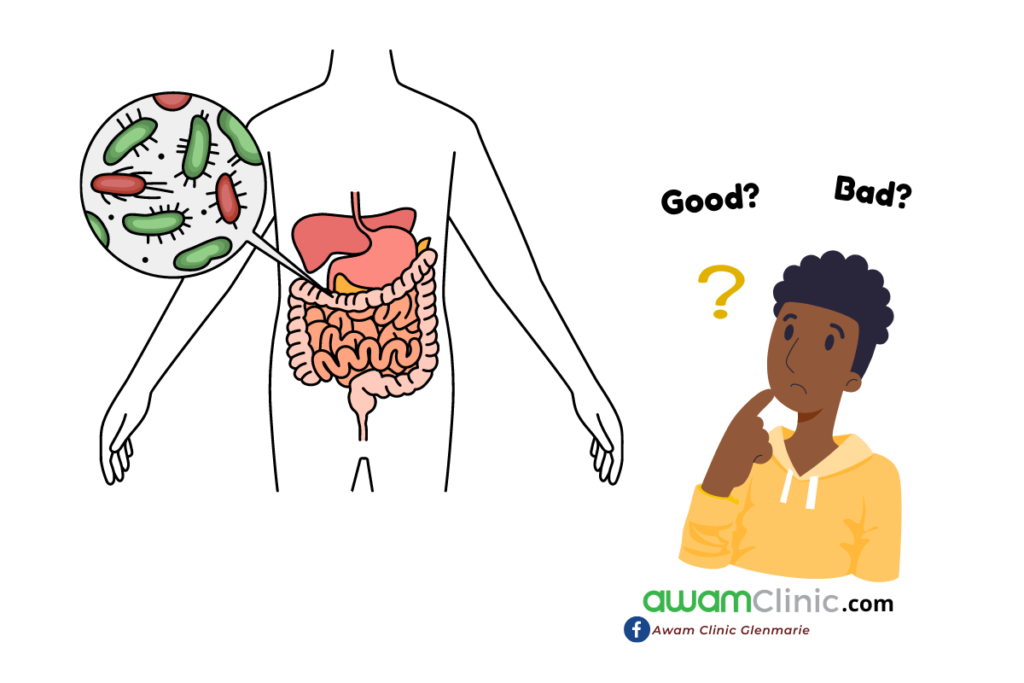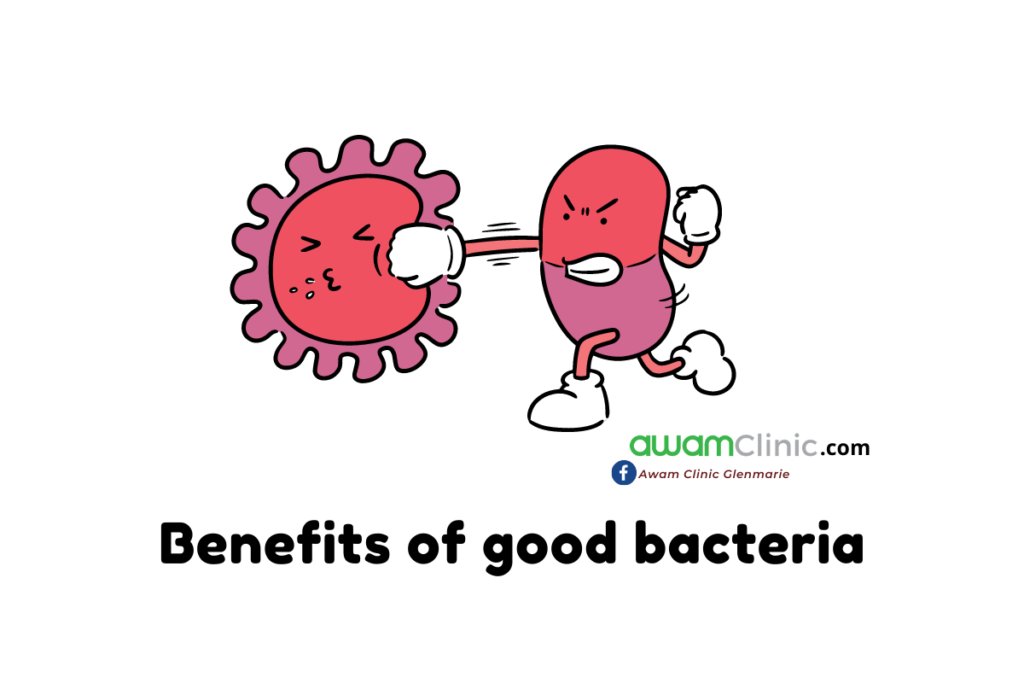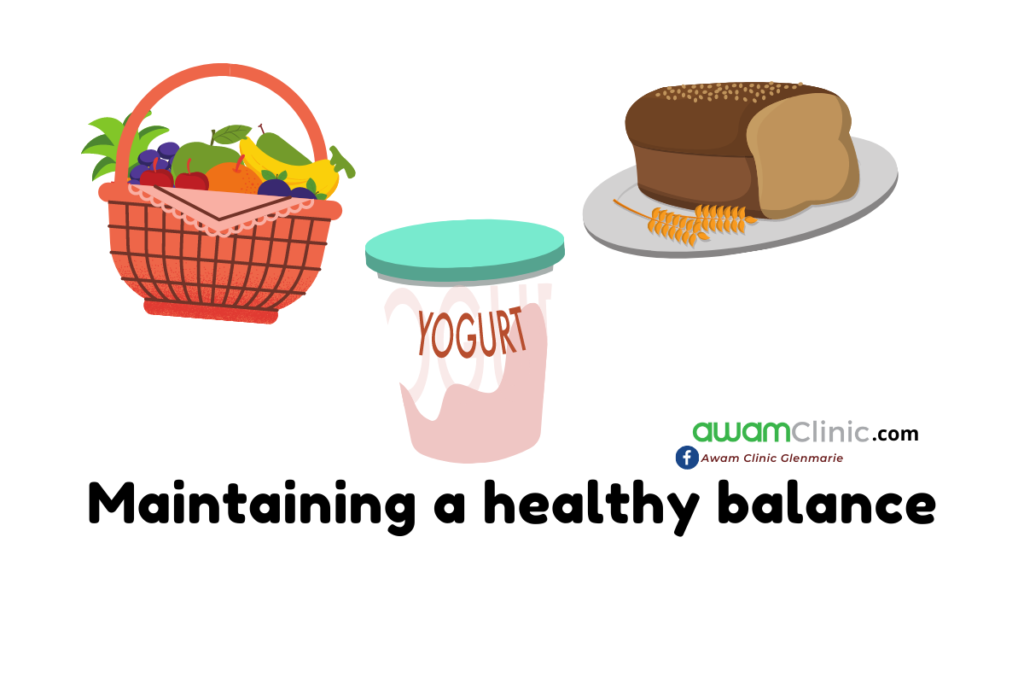Why your body needs good bacteria?
Your body contains 1,000,000,000,000 (that’s a trillion!!) of bacteria all the time and most of these bacteria are NOT harmful. In fact, good/friendly bacteria are important aids for the body. Let us understand the reasons why our body needs good bacteria, just as much as you need to reduce the bad bacteria.

The gut and the immune system
Most people know the immune system is a vital part of overall health. Did you know that your gastrointestinal tract affects a large part of the immune system? There are hundreds of bacteria that are living in the gastrointestinal (GI) tract, but it is important to have higher levels of good bacteria.

Benefits of good bacterias
There are a wide variety of benefits that come with a normal level of good bacteria. Healthy digestion relies on good bacteria. The bacteria help break down foods, particularly carbohydrates. They also aid in fatty acid absorption.
Our good bacteria help prevent attack by disease causing bacteria and aid cells in repairing damaged tissues. Your immune system benefits from a boost provided by good bacteria. Most notably, an ideal level of good bacteria will work to keep bad bacteria levels in check, naturally fighting of illnesses and diseases.
In addition to all its other benefits, a healthy level of beneficial bacteria can help fight heart issues. Blood sugar, inflammation, and cholesterol can all be impacted by beneficial bacteria. Dietary choices and probiotic supplements are often recommended in maintaining a healthy heart.

Maintaining a good balance
One way to keep your good/beneficial/friendly bacteria levels higher is through dietary choices. Foods such as fruits, beans, and yogurt contain natural friendly bacteria. Whole grain foods are rich in fiber. When broken down by good bacteria, such things as weight and risk of disease are affected.
Try not to rely on antibiotic medications unless it necessary. Antibiotics target and destroy bacteria that cause illness and infection. Unfortunately, antibiotics cannot distinguish between good and bad bacteria. Beneficial bacteria get destroyed as well. If you need antibiotics, try to increase your intake of good bacteria following treatment to help bring levels back up and help the immune system recover.
Limit use of disinfectants. Most people today rely too heavily on hand sanitizers and washing their hands too frequently. Although it might be the logical way to avoid illness, it can harm your immune system’s ability to naturally fight off illness. Without exposure to germs and other pathogens, the immune system cannot make its own antibodies. When you do get sick, because not all germ-killing aids kill all germs, your immune system struggles and must work harder to fight the illness.


